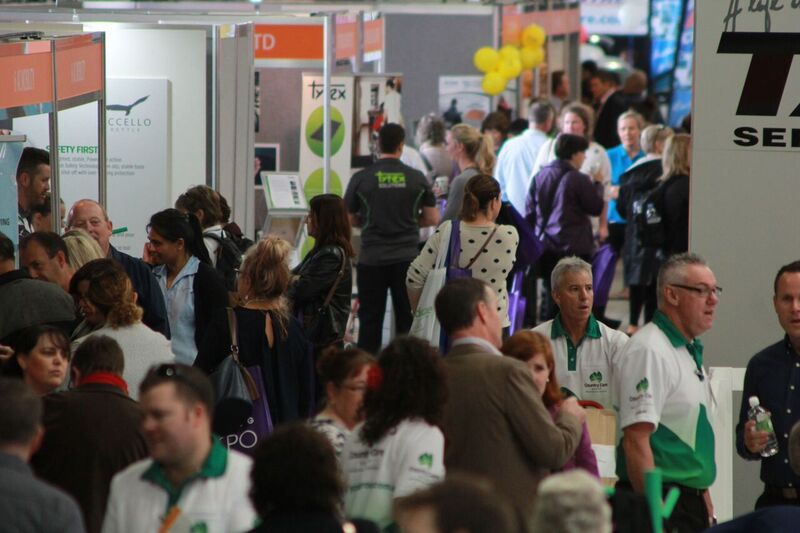The ATSA Independent Living Expo in Melbourne was a record breaker for visitor and exhibitor numbers. The extensive seminar program was popular with healthcare professionals. Rachael Schmidt’s presentation on person-centred decision making in positioning and seating was a highlight for occupational therapist Philippa Coull. According to Coull, there are concerns about NDIS information which Schmidt was able to put into OT terms. “She gave a clinical perspective about how my role will shift once the NDIS rolls out with practical techniques about how best to manage it. “The NDIS is an enormous change that is about to happen and it is not possible to get a lot of information yet so the clinical side and the reasoning behind what we are doing in seating and why we are doing it was valuable information.” Coull said it was helpful to see the range of equipment available. “I spent both days at the expo because it takes a lot of time, not just looking at products but also about application of the equipment to the end user. The expo was great for the professional development and networking opportunities it gave to therapists.”
Another OT had this to say following the Pressure Ulcer Etiology session presented by Darren Hammond from the ROHO Institute for Education, Permobil. “While pressure ulcer is not the most interesting of subjects this presentation was very engaging and easy to understand. I enjoyed all the seminars I attended, found the standard of speakers was very high and many provided slide presentations which are helpful. An OT with disability provider Yooralla said as a one-stop destination the expo was valuable. The seminar on the ReWalk Exoskeleton, whilst not in her direct line of work was an interesting demonstration of robotic technology. Another was Sex Matters, a session she said was constructive for those working in disability because the subject was so rarely discussed. It was standing room only at the ‘Are you NDIS ready?’ seminar, an indication that the NDIS remains an issue for clients, healthcare workers and suppliers alike. Presented by occupational therapists, Janelle Johanson and Rebekah Cranmer, the session provided a nuts and bolts explanation of the challenges in fee for services and how these need to be individualised, personalised, highly sensitive and simple. Making fee for service work involves knowing what you offer and what it costs, knowing your customer, articulating goals and expectations, understanding technology and administration support.
ATSA executive officer, Chris Sparks, described the show as “hugely successful”. He said ATSA is clearly the premier event for the disability sector: “for what it delivers it is far ahead of any other show and is the place to attend to get the information you need.”

